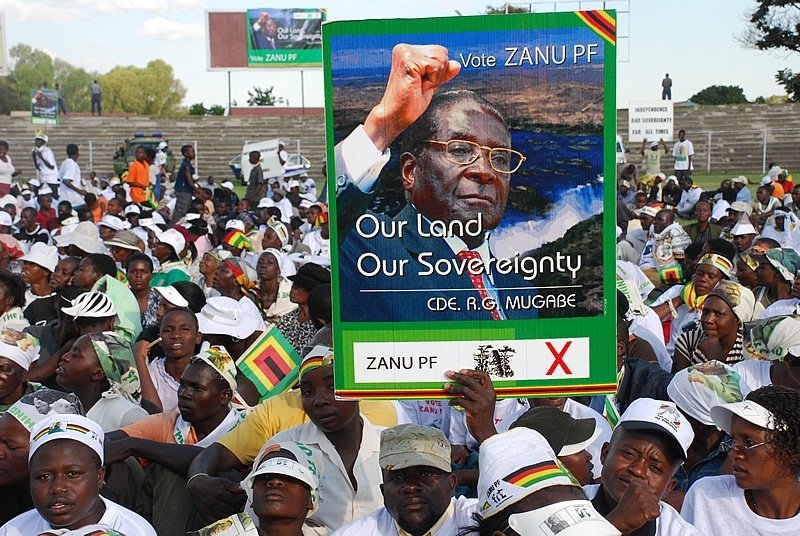
“We remain deeply concerned by the lack of progress globally on effectively regulating the flow of large sums of private money unto the elections process in many countries. Political financing remains the number one corruption risk around the world, and absent meaningful reforms will continue to hinder many other open government and transparency initiative.” (Nathaniel Heller, Global Integrity Executive Director, 2011).
Sunday View by ZESN
It is in this context that the Zimbabwe Electoral Support Network (ZESN) facilitated a roundtable meeting in Kadoma recently to discuss issues around political parties’ finances.
The meeting sought to conscientise political parties and other stakeholders on the issue of political party funds, as well as possible effects of limited regulation on political parties’ finances such as threatening the legitimacy of the democratic processes and practices.
Addressing delegates at the meeting attended by different political parties, civil society organisations and academia, the ZESN’s National director Rindai Chipfunde-Vava said, candidates and political parties’ campaign finances need to be regulated in terms of (i) limits, (ii) sources of funding and (iii) expenditure.
“While recognising that democracy is priceless, its functioning does have a price, and the use of economic resources is an essential element for democratic competence. The money in politics is capable of introducing distortions if there is unequal distribution.if the use of funds is not regulated, it can threaten the legitimacy of the democratic processes and practices,” she said, adding that political parties campaigning in an election need funding for for institutional support.
The ZESN chairperson, Reverend Dr Solmon Zwana added that, “Democracy cannot function effectively unless political parties have enough money to carry out their activities and enough members willing to perform them. The relationship between money and politics has come to be one of the great problems of democratic governments and that healthy political life is not possible as long as the use of money is unrestrained,” he said.
In Zimbabwe, the Political Parties (Finance) Act [Chapter 2:11] of 2001 makes it illegal for parties to receive foreign funding; hence they have limited avenues to source funds for their activities and this therefore creates opaqueness in terms of how parties source their funding.
- Chamisa under fire over US$120K donation
- Mavhunga puts DeMbare into Chibuku quarterfinals
- Pension funds bet on Cabora Bassa oilfields
- Councils defy govt fire tender directive
Keep Reading
Hence political finance everywhere is a sensitive matter and Zimbabwe is no exception. Thus running effective and robust political parties in a competitive environment is an expensive enterprise, as was recognised by the Zimbabwe political leadership more than two decades ago.
It is accepted that grossly uneven access to political finance can greatly vitiate democratic politics and imperil the representative system of government. Political party finance has high risks of endangering democracy as was emphatically stated by one seasoned researcher, Pinto-Duschinsky. He argued: “Corruption related to political party financing poses a grave threat to democratic development worldwide. . . ”
In light of this, the major political parties in Zimbabwe depend solely on methods such as membership dues, sale of party merchandise and donations. However, the director of ZESN explained that, these methods would normally not raise much funding needed for political parties to survive.
That leaves political parties to depend on other methods such as: kickbacks, returns on undeclared business investments, use and abuse of state resources, illicit sources, foreign donations, anonymous sources and donations.
ZESN is therefore advocating for the creation of an environment that provide women and men with skills to raise money, campaign, and build name recognition.











